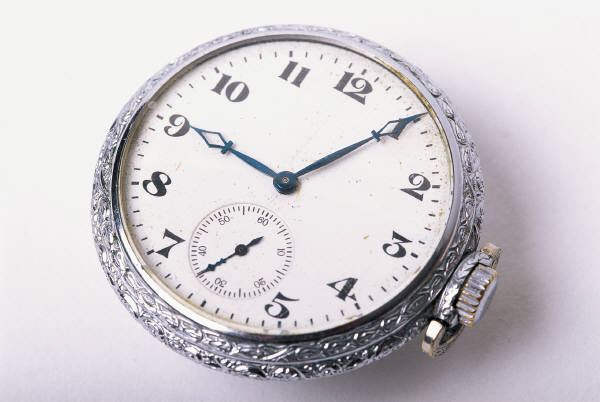Free trials are a good way to see if a product or service is the right fit for a buyer. If the purchaser doesn’t read the fine print, however, the free trial can be a costly decision.
Most free trials come with a day-certain time limit. Whether it’s 30, 60, 90 days or more, the purchaser has that much time to sample the product or service. If the person forgets to cancel prior to the expiration of the trial period, the buyer can be on the hook for more than more than what he or she intended.
Some people forget about the product or service after accepting the offer. It could be due to lack of interest in the item or limited time to try the service. Whatever the reason, once the trial period expires, the person is locked into a contract that forces the purchase of the item or begins a series of monthly payments for a service the person may never use.
A company that sells the service usually won’t remind the buyer that the trial period is about to expire. The company hopes the buyer will either like the item and keep it, or won’t remember to cancel and will be stuck with the purchase. Either way, it’s not in the seller’s best financial interest to threaten its own sale. If a buyer allows a trial period lapse on an unwanted item, the individual may be forced to keep it and pay off the credit card charge. If the trial period lapses on the purchase of a service, the person may be forced to pay for a period-certain access to the service before he or she can cancel.
One of the most important things to remember when signing up for a free trial is the duration of the time period in which to sample the product or service. Write down the day you sign up for the trial on a calendar. Count the number of days from that day you have to access the trial and mark that date on your calendar as well. Set a reminder on your phone, email calendar, and appointment tracking software to cancel the trial if you’re uninterested in keeping the product or service. Don’t rely on someone else to remind you about that date. The person might not remember in time to abort the sale.
The second important point to remember about a free trial is to read the fine print. There may be certain steps required to cancel the trial without incurring charges. Be sure to follow the steps that you’ve agreed to when accepting the offer if you want to cancel the trial or you may be forced to keep the product or continue with the service.
You are responsible for canceling a free trial. Protect yourself against unwanted charges by tracking both the duration and requirements of that trial or you’ll end up spending money on something you don’t want to keep.
